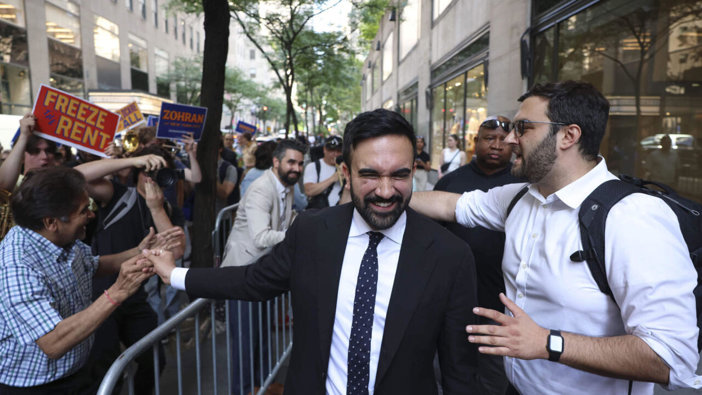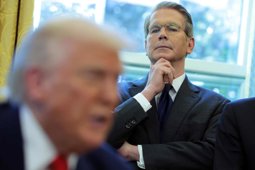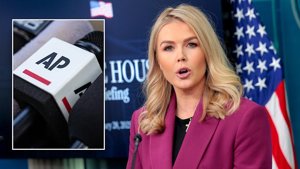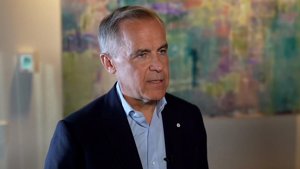
Mamdani Wins NYC Mayoral Primary Over Cuomo
Progressive Zohran Mamdani wins NYC Democratic mayoral primary, Cuomo concedes, setting up a historic November election.
Mamdani Surges Past Cuomo in Democratic Primary
In a stunning victory for progressive politics, Zohran Mamdani, a 33-year-old state assembly member from Queens and self-described democratic socialist, clinched the Democratic nomination for mayor of New York City on Tuesday night. Mamdani, who immigrated from Uganda and became a prominent advocate for working-class and immigrant communities, secured 43 percent of the vote in a crowded field of contenders, propelled by strong support from younger and progressive voters.
Former Governor Andrew Cuomo, long considered a favorite thanks to his three terms as governor and deep ties to the city’s political establishment, conceded the race during an election night event, praising Mamdani’s campaign and acknowledging his decisive win. “He touched young people and inspired them and moved them and got them to come out and vote,” Cuomo told his supporters. “He really ran a highly impactful campaign. I called him. I congratulated him. I applaud him sincerely for his effort.”
Progressive Platform and High-Profile Endorsements
Mamdani’s campaign, buoyed by endorsements from Rep. Alexandria Ocasio-Cortez and Senator Bernie Sanders, centered on sweeping reforms including free public buses, universal childcare, tuition-free public colleges, rent freezes, and city-run grocery stores designed to keep prices low. He promised to make New York City a model for the Democratic Party by defending immigrant rights and rejecting “Donald Trump’s fascism,” vowing to stop mass deportations and protect vulnerable communities.
The primary used ranked-choice voting, and with support consolidated among progressives, Mamdani topped Cuomo and nine other candidates. Cuomo’s campaign, in its final weeks, criticized Mamdani as “dangerously inexperienced” and targeted his stance on Israel, but these attacks failed to sway the city’s left-leaning electorate.
Political analysts framed the race as a referendum on the Democratic Party’s future direction. Stephanie Taylor, co-founder of the Progressive Change Campaign Committee, called Mamdani’s victory “a new direction for the Democratic Party,” contrasting his dynamic appeal to younger and working-class voters with the failed efforts of the party’s traditional establishment.
Looking Ahead to November
Mamdani will now face Curtis Sliwa, the Republican nominee and founder of the Guardian Angels, and incumbent Mayor Eric Adams, who is running for re-election as an independent after withdrawing from the Democratic primary amid falling approval ratings and federal corruption charges—charges later dropped by the Justice Department. Adams’ historic low poll numbers and political uncertainty add to the significance of this year’s general election.
The Democratic primary played out as the party seeks to regain national momentum after recent losses in Congress and the White House, and as it grapples with President Trump’s ongoing second-term agenda. The results are being closely watched as a bellwether for the party’s ideological future, with Mamdani’s victory signaling a shift toward progressive values and priorities.
Cuomo, meanwhile, has left the door open to a possible independent run in November, stating he would consult with colleagues about the best path forward for the city. As Mamdani declared victory and looked to unify the city, he promised to fight for a New York “that works for you, that is affordable for you, that is safe for you.” With a competitive general election ahead, New Yorkers now face a pivotal choice about the direction of their city and its role as a model for the nation.






